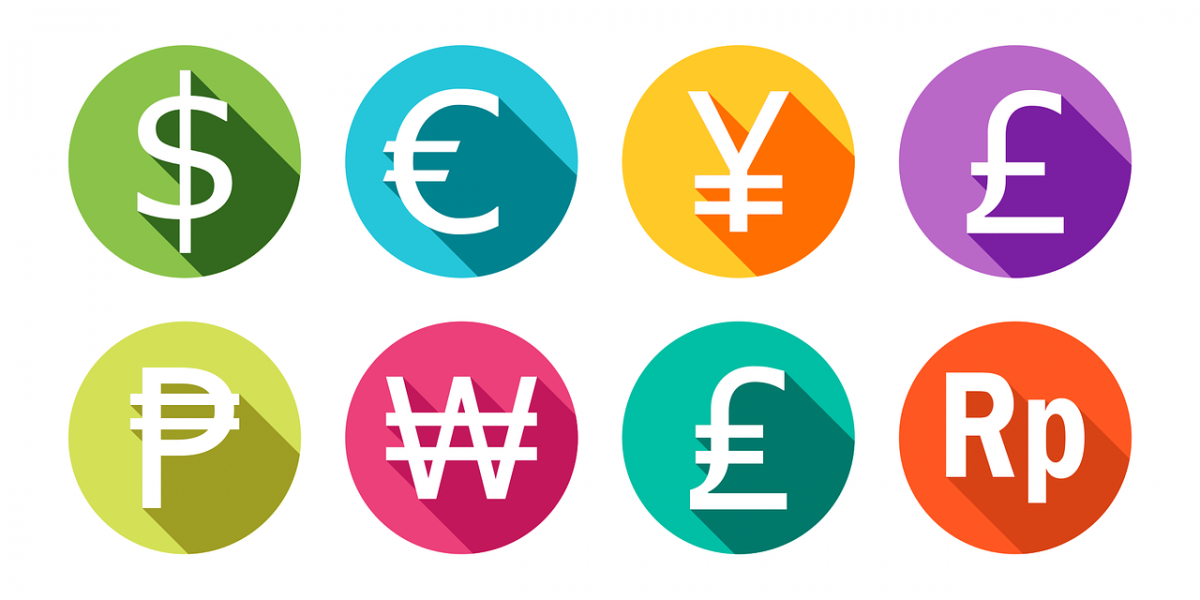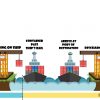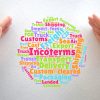This post is also available in:
 English
English  ไทย
ไทย

This time I would like to explain the difference between ”Freight Prepaid” and “Freight Collect” described in B / L. You will understand the difference easily by translating each words in English.
Contents
Explained Freight Prepaid and Collect by Animation Video
Freight: Fare to transport the goods
Prepaid: Pay in advance
Collect: To take something such as money and tax
So Freight Prepaid is the fare paid in advance, which means that the exporter(Shipper) will pay the fare. On the other hand, Freight Collect is to take the fare at the importer(Consignee) side.
Who pay the fare?
Freight Prepaid: Shipper pay the fare
Freight Collect: Consignee pay the fare
What is the fare?
The fare in this case is the international shipping cost. So it refers to Sea Freight and Air Freight. Since it is stated in B/L (bill of lading) or AWB (Air Waybill), the truck transportation expenses on the export side and the import side, the cost of the port and the customs clearance fee are not relevant.

Freight Prepaid: C&F, CIF, CFR, DDU, DDP
Freight Collect: EXW, FOB
As for the detail of Incoterms, please refere below link
Explained Incoterms with illustration. Necessary knowledge for Logistics job
Prepaid or Collect depends on Shipper and Cnee
Whether it is Freight Prepaid or Freight Collect depends on the agreement of the Incoterms by the exporter (Shipper) and importer (Cnee).
If the importer who purchases goods would like to control logistics on their own, the terms (Incoterms) will be EXW or FOB. Also, if the importer would like to pass the logistics works to the exporting side, it is generally traded on CIF, DDU, DDP terms in stead.
Freight Collect difficulty for exporter side Forwarder
 This is an example of our case. There was some argument for dealing by Freight Prepaid or Freight Collect. The shipment was from Thailand to the other country. The deal was almost confirmed by CIF term and the payment was supposed to be paid by Shipper in Thailand.
This is an example of our case. There was some argument for dealing by Freight Prepaid or Freight Collect. The shipment was from Thailand to the other country. The deal was almost confirmed by CIF term and the payment was supposed to be paid by Shipper in Thailand.
However, just before booking of the 1st shipment, the Freight payment was changed from Prepaid to Collect by discussion between the Shipper(Thailand) and Cnee(other country). The term was change from CIF to EXW.
We had been promoting this job by getting the Ocean Freight by the Shipping Line in Thailand so we as a Freight Forwarder has to pay the rate to the Shipping Line in advance.
The B/L and Payment would be as below
Master B/L: Freight Prepaid
House B/L: Freight Collect
Collect the payment from the other country
 Since the Freight changed to Collect, we have to collect Money from Cnee in the other country.
Since the Freight changed to Collect, we have to collect Money from Cnee in the other country.
Our agent contacts Cnee and they have to collect the freight/money, then our agent makes international remittance to Thailand. In this way, it is difficult to control everything in Thailand as you can imagine.
In addition to this, the term is EXW. The truck fee, the customs clearance fee and the various expenses of the port in Thailand is basically occur in Thai Baht. the other country side has to charge it to Cnee by USD currency. There is a currency risk and we have to negotiate of the exchange rate for remittance every time.
We wonder whether the other country company would pay on time or not. As you may know, the accounting department in the company in this country tries to pay late on purpose since it is their culture. If, for instance, it is the Freight Collect issue with the Japanese company in Japan, there is not so big problem. However, we had to consider how to collect money carefully for this Freight Collect case.
Take a balance between international trade
The above example is confusing because the trading of logistics has almost been decided on the exporter side in Thailand. If the deal was decided at Cnee side between Cnee and our agent, it would not have been a big problem.
International dealings are not simple since there are differences in language, culture and currency as well as the business practice of each country. We think that the taking balance between different countries deal is one of the Forwarder’s most important jobs.
Summary
For the exporters(Shipper) and importers(Cnee), Freight Prepaid and Freight Collect are just a dealing condition, so is seems to be a just simple rule. However, actually this is not a simple issue that who pay money.
In order to make smooth international deal, we have to consider the background of the deal such as each countries business culture. Also the Forwarder should cooperate with the destination agents for supporting customers business goes well.







